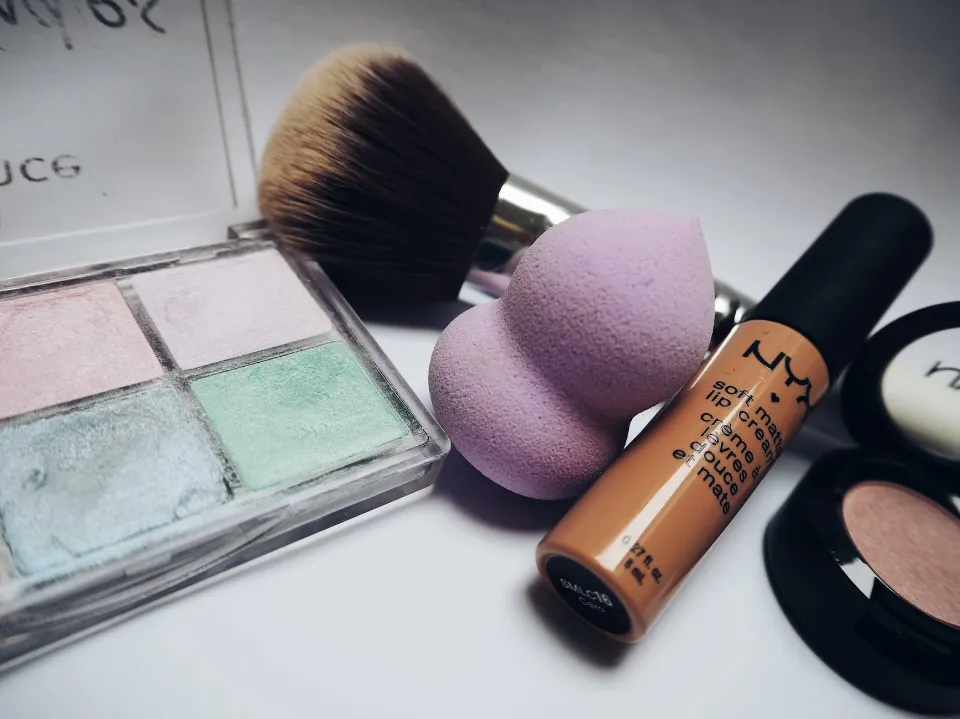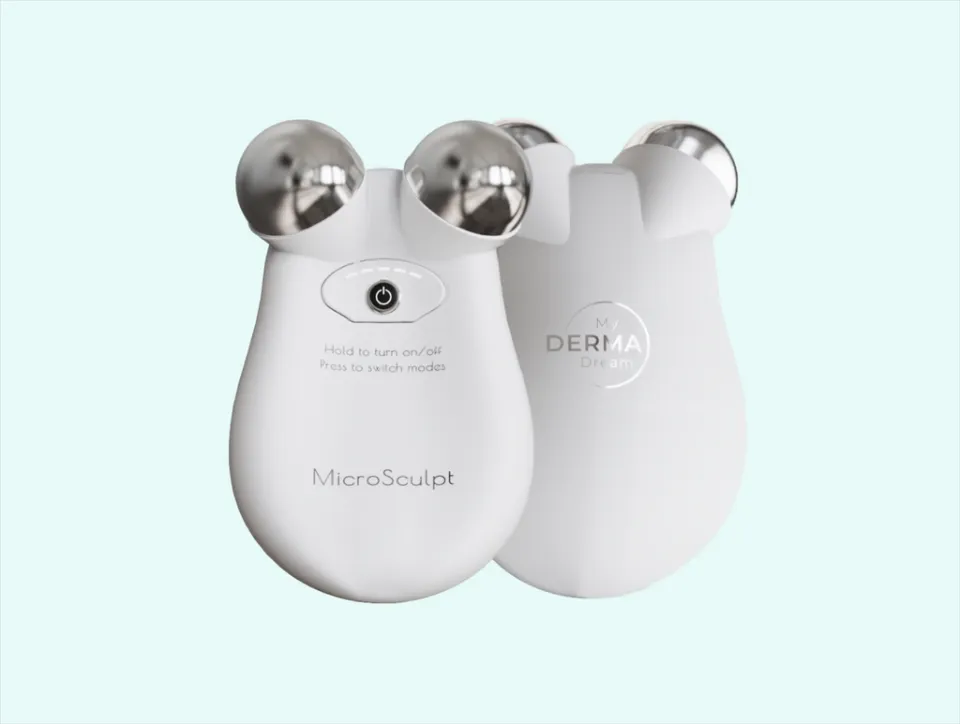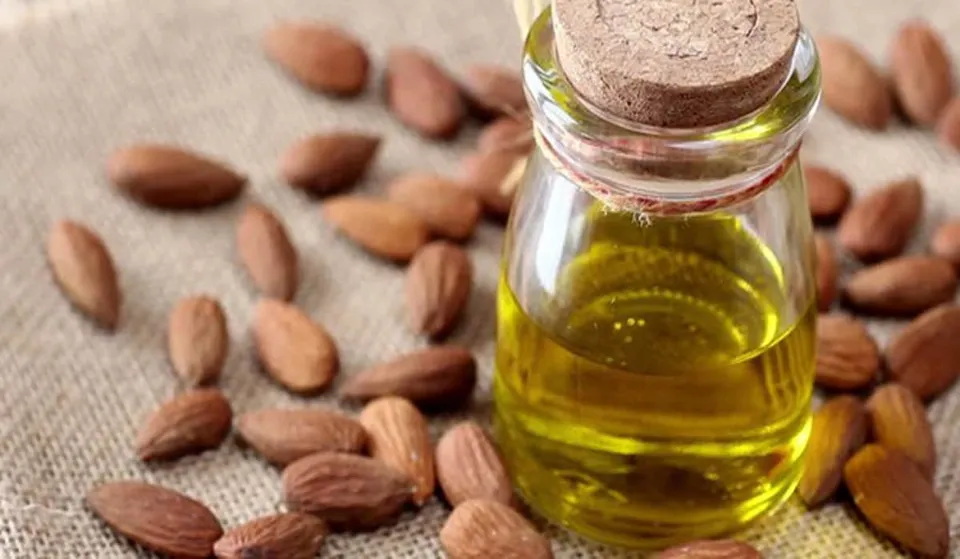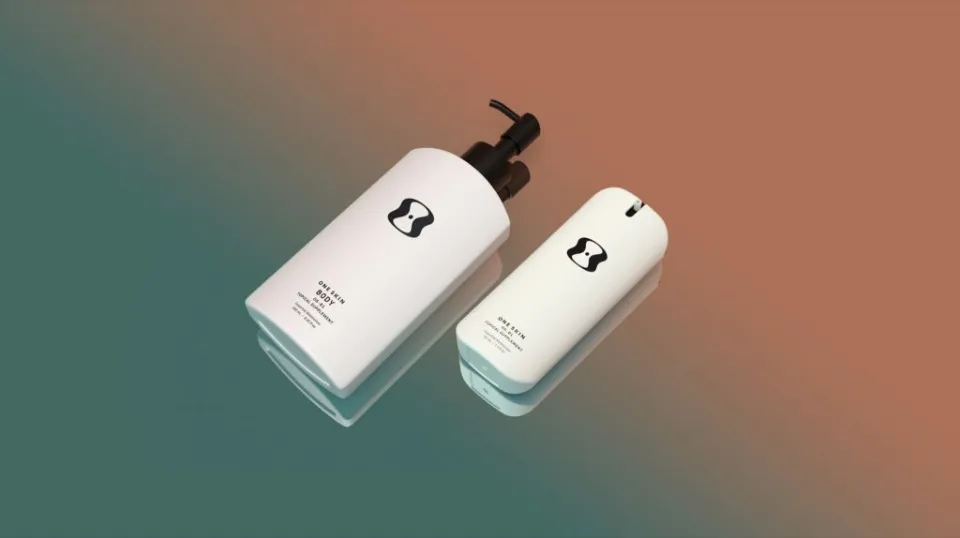If you enjoy wearing makeup, you’ve probably come across a variety of brands. Does makeup age your skin is one of the key inquiries when assessing these products.
Bad makeup practices can hasten the aging process of the skin. However, following a thorough skin care routine that includes washing your face and removing your makeup each day can have a positive impact.
Discover whether your makeup routine and habits could unintentionally harm your complexion by reading on.
Does Makeup Age Your Skin?
While “does makeup age your skin?” is a fair question, the more applicable one is, “can makeup age your skin?” And while the latter question has a yes answer, it is not always true.
Many people have heard about aging gracefully, but in addition to UV radiation and chemicals, your lifestyle and some products you use can also significantly affect how you look.
While some people use makeup in the hopes that it will make them look younger, it’s important to take the ingredients in the makeup into account. The question of whether foundation ages the skin is one that many people frequently ask. It’s a good question, but you can get a better response if you know what ingredients are in your foundation and other cosmetics.
It comes down to your sunscreen and SPF products, which are essential for protecting your skin and keeping a youthful appearance, in addition to your makeup. You should always wear sunscreen on your face because the sun can be bad for your skin.
In fact, most companies have SPF in makeup just to make sure your skin is protected throughout the day.
Also Read:
What Does Cause Skin Damage?
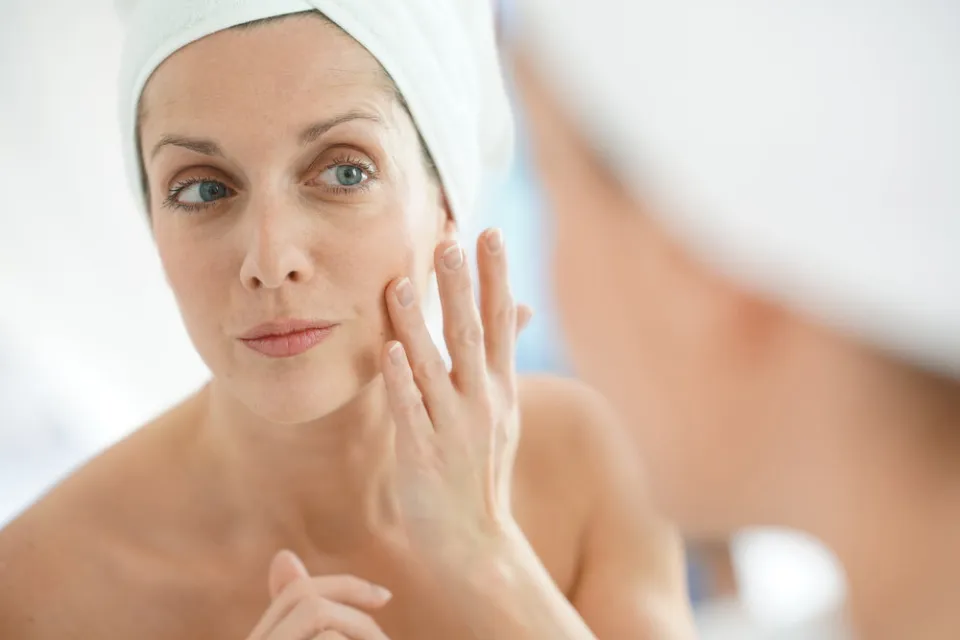
Unless you’re not using the products correctly, makeup hardly ever makes your skin look older.
What makes our skin older are issues such as:
- Excessive exposure to sunlight;
- eat poorly;
- Poor Sleep;
- Smoke;
- Consuming alcohol in excess;
- Being exposed to pollution.
Though some conditions are not suitable for our skin, makeup has very little to do with it.
Even some makeups have those 2 in 1 effect, which makes the skin more beautiful and helps protect the facial tissue.
Possibly you’ve heard from a friend or relative that makeup is harmful to the skin.
Some claim that these cosmetics contribute to the development of wrinkles and skin imperfections.
Additionally, they assert that using beauty products weakens the skin.
Also Read: Does Face Waxing Loosen Skin?
What Are the Effects of Makeup on Your Skin?
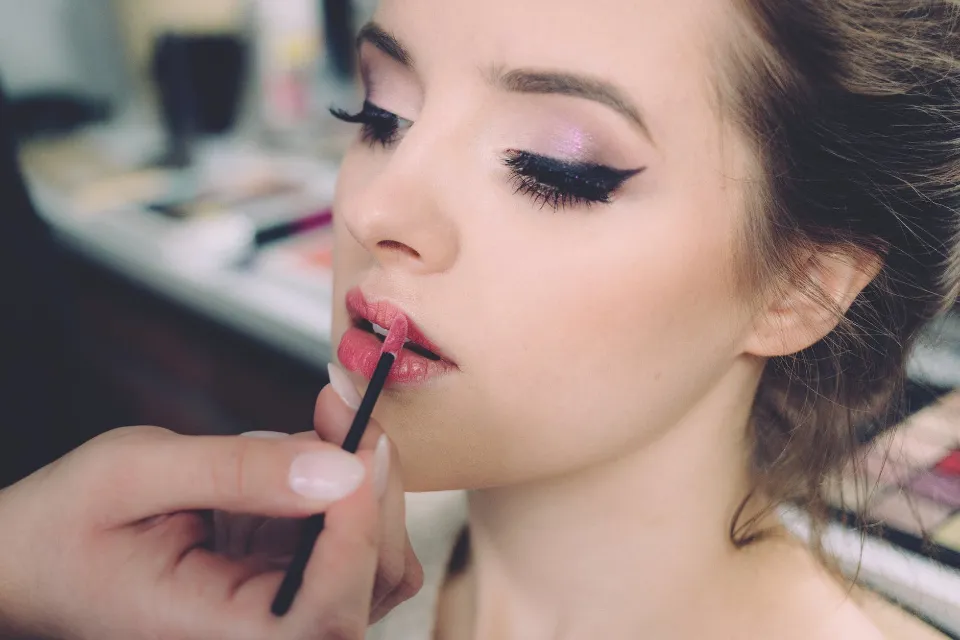
If you aren’t maintaining a good skin care routine and you’re using makeup with ingredients that hurt rather than help your skin, it could potentially have a negative impact on your skin. Making sure your makeup is clean and using it properly can help prevent damage.
Bad makeup practices can hasten the aging process of the skin. However, following a thorough skin care routine that includes washing your face and removing your makeup each day can have a positive impact. Here are a few things to keep in mind:
- When cleaning your skin, do not scrub, but use gentle circular motions.
- Check the type of cleanser you are using to avoid abrasive chemicals.
- When rinsing, use lukewarm water.
Another factor to take into account is the ease with which bacteria can conceal themselves in makeup brushes, sponges, and other items frequently used on the face. Applying makeup with clean brushes helps stop pollutants and bacteria from irritating your skin and clogging your pores.
To guarantee you always have the ideal conditions for applying makeup to your face, make sure to clean your makeup brushes—ideally, once a week.
Related Post: Is Shein Makeup Safe?
Makeup Ingredients to Avoid
To avoid risking the appearance of premature aging, it’s essential to find good-for-your-skin formulas. Knowing which makeup ingredients to avoid is a crucial part of the procedure. Despite the long list, being aware of the following offenders will enable you to make progress toward selecting better makeup.
Fragrance
According to Dr. Green, fragrances and preservatives should be avoided because they are the main culprits behind contact allergies in cosmetics. “A company is not required to list the chemicals that go into a fragrance when listing it as one of its ingredients. Any number of irritating chemicals can make their way in and you’d never know it,” she explains. “Keep your skin clean and make it simple: Avoid fragrance altogether.”
Parabens
Next, there are parabens. As you may have noticed, many brands are embracing the paraben-free trend. There’s a good reason for this, says Dr. Parabens are a green substance that effectively harms your skin by mimicking estrogen. “Parabens are difficult to avoid, but it’s possible if you know what you’re looking for,” she reassures. “If you see any paraben listed, including methylparaben, always read the labels and put it back.”
Pegs
Another important beauty ingredient to stay away from is PEGs. “PEGs are synthetically produced using ethylene oxide, a known carcinogen,” Dr. Green explains. “[In order to increase the penetration of other ingredients, they serve as penetration enhancers. This implies that any quantity of toxins has the potential to penetrate the skin deeper.” She also claims that PEGs disrupt the moisture balance of the skin, causing wrinkles and fine lines to form earlier than they otherwise would.
Read More:
How to Protect Your Skin from Premature Aging?
How then can you shield your skin from some of the potentially damaging effects of makeup? Here are some tips, including those recommended by the American Academy of Dermatology Association:
- Protect your skin: When choosing a foundation, consider the health of your skin if you plan to wear makeup. Verify that none of the ingredients listed that may cause problems are present. One of the best ways to wear makeup and add an additional layer of protection is to use SPF in it.
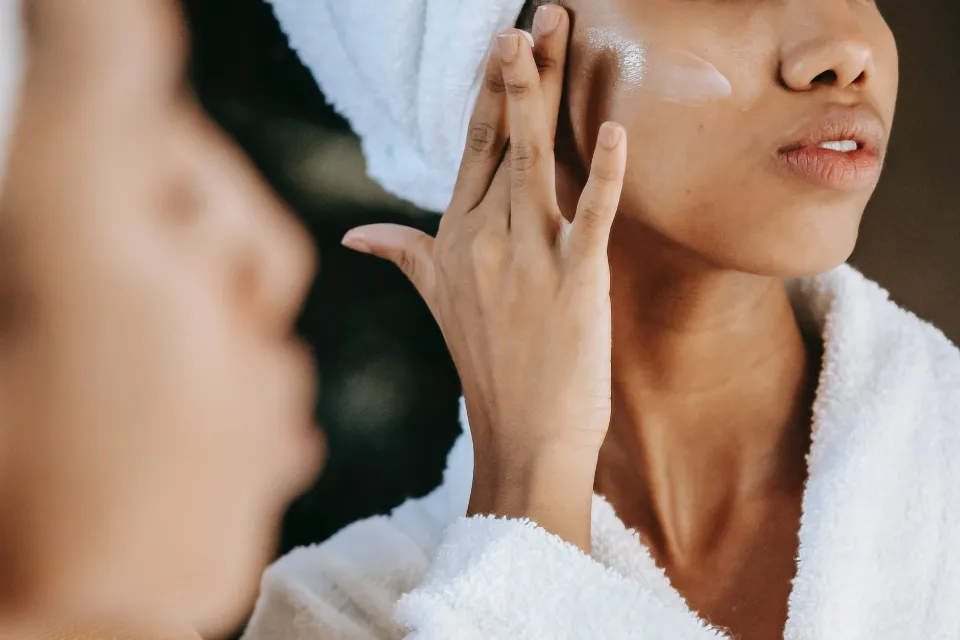
- Get enough sleep: You also want to get enough sleep to prevent wrinkles. The term “beauty sleep” does have merit. When you don’t get enough sleep, it starts aging the skin. It begins subtly with the appearance of acne, dull skin, and dark circles under the eyes. When you don’t get enough sleep, your body is stressed, and this starts to affect how you look.
- Stay away from or protect your skin from the sun: It’s simple to rush out of the house to run errands with the intention of rushing to the car and the store. The sun can damage your skin no matter what you do. Wearing sunscreen, sunglasses, and protective clothing when you can has a positive effect on protecting your skin. The sun has an effect on your skin every time you are outside, even though you may not think it does so with the skin on your face.
- Stop smoking: Smoking can be very damaging to the skin, even if you don’t wear makeup. Smoke causes wrinkles and quickly changes your complexion.
- Use self-tanner: Some people take pleasure in spending extended periods of time in the sun to tan. Even though sunscreen does provide some protection, the longer you spend outside, the more damage the sun does to your skin. If you are someone who likes to tan outside, using a self-tanner instead of tanning in the sun or using tanning equipment.
- Clean your skin: Washing your face twice a day and after a workout keeps perspiration away and the likelihood of your skin being affected by the makeup worn throughout the day.
- Be gentle with your skin: Use gentle soaps to wash your face, and take your time to avoid scrubbing. The skin becomes inflamed, which has the effect of hastening aging.
- Use moisturizer: It’s always a good idea to moisturize your skin before applying foundation. This keeps your skin hydrated and young-looking. A morning and an evening moisturizer are frequently used in skincare routines to add extra moisture throughout the day.
- Stay away from products that burn: Some cosmetics and skincare products can irritate the skin. Stop using any products that give your skin a burning or peeling sensation. Irritated skin makes it look older.
- Cut down on alcohol: Alcohol dehydrates the skin, which over time causes damage. Premature aging may follow from this.
- Eat healthy: Your skin’s health and youth are greatly influenced by your diet and water intake.
- Take Vitamin C: Vitamin C-containing skincare products can benefit the skin by increasing collagen synthesis and enhancing elasticity.
You Might Also Like:
Final Words on Does Makeup Age Your Skin
So, now you know that certain makeup ingredients and habits can potentially age your skin. However, you don’t have to give up makeup entirely if you want to embrace a youthful, glowing complexion.
Make sure to keep the aforementioned advice in mind when applying makeup, including washing your face at the end of the day, choosing products without harsh chemicals, and wearing sunscreen-protective makeup.
Now you have the answers to those burning questions like “does makeup age your skin?” and know what to look out for, you’re in a better position to ensure that you age as gracefully as possible.
Additionally, healthy habits can have a significant positive effect on your skin. For the best results, pair these practices with potent anti-aging remedies.
Read More: Are Face Masks Good for Your Skin?
FAQs
Does Makeup Make You Look Younger?
Make up accentuates three visual features that we associate with youth: skin evenness, facial contrast (between features such as the eyes and lips and the rest of the face), and facial feature size (more youthful faces have relatively larger eyes).
Does Makeup Cause Acne?
Yes, you can wear makeup, but you’ll want to choose it carefully. Some cosmetics can cause acne.
Does Makeup Cause Cancer?
No, according to the majority of scientists and regulatory organizations, it is extremely unlikely that ingredients in cosmetics will have negative effects on your health.

